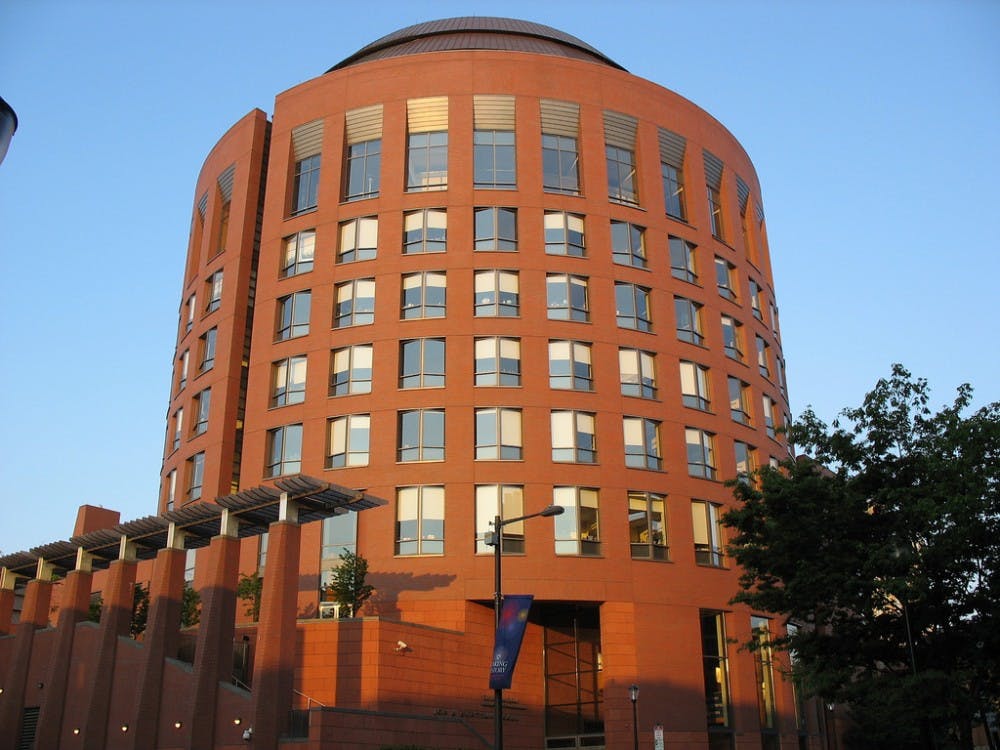
Wharton's dean makes significantly more money than the dean of Arts and Sciences, according to recent tax data, and even makes more than other business deans at schools like Harvard.
Credit: Courtesy of teofilo I Creative CommonsThe dean of Wharton was paid significantly more than the dean of the School of Arts and Sciences, according to the most recently available tax data.
In the fiscal year that ended June 30, 2014, former Wharton Dean Thomas Robertson’s compensation package totaled $771,956. Data for current Wharton Dean Geoffrey Garrett, who became dean last spring, will not be available until next year.
Dean of the School of Arts and Sciences Steven Fluharty, by comparison, made $522,634, or about a quarter of a million dollars less than Robertson.
Dean of the Perelman School of Medicine Larry Jameson, who also serves as executive vice president of the University of Pennsylvania Health System, had an overall compensation of $2,055,201. Penn’s other deans’ compensation packages were not reported in the tax forms.
The difference in compensation between the deans of Wharton and the School of Arts and Sciences is not unexpected — Accounting professor Wayne Guay, who has researched executive compensation, explained that it is common for professors and deans of business schools to make more money than their liberal arts counterparts.
“It’s more specialized, there [are] more outside opportunities,” Guay said. “Many of the faculty within the business school could fairly easily get a job in industry that [would] paying more.”
For academics with degrees in other areas, Guay speculated, outside opportunities may not be as plentiful, so the University does not need to compensate as competitively.
Robertson, now a Marketing professor at Wharton, also saw a higher total compensation than other business school deans. Nitin Nohria, the dean of Harvard Business School — one of Wharton’s top competitors — was paid $696,803 in the same year, around $75,000 less than Robertson.
Both Robertson and Nohria, however, make far more than most business school deans. According to a salary survey report by the Association to Advance Collegiate Schools of Business, business school deans made an average salary of $236,300 in 2013, with a 25th percentile salary of $168,800 and a 75th percentile salary of $280,000.
During his seven years as dean, Robertson focused on global impact through initiatives like the Penn Wharton China Center and business as a force for good, helping Wharton weather the 2008 financial crisis by offering more courses on risk management and business ethics. He also spearheaded innovation in new areas such as technology and entrepreneurship.
The Daily Pennsylvanian is an independent, student-run newspaper. Please consider making a donation to support the coverage that shapes the University. Your generosity ensures a future of strong journalism at Penn.
DonatePlease note All comments are eligible for publication in The Daily Pennsylvanian.







